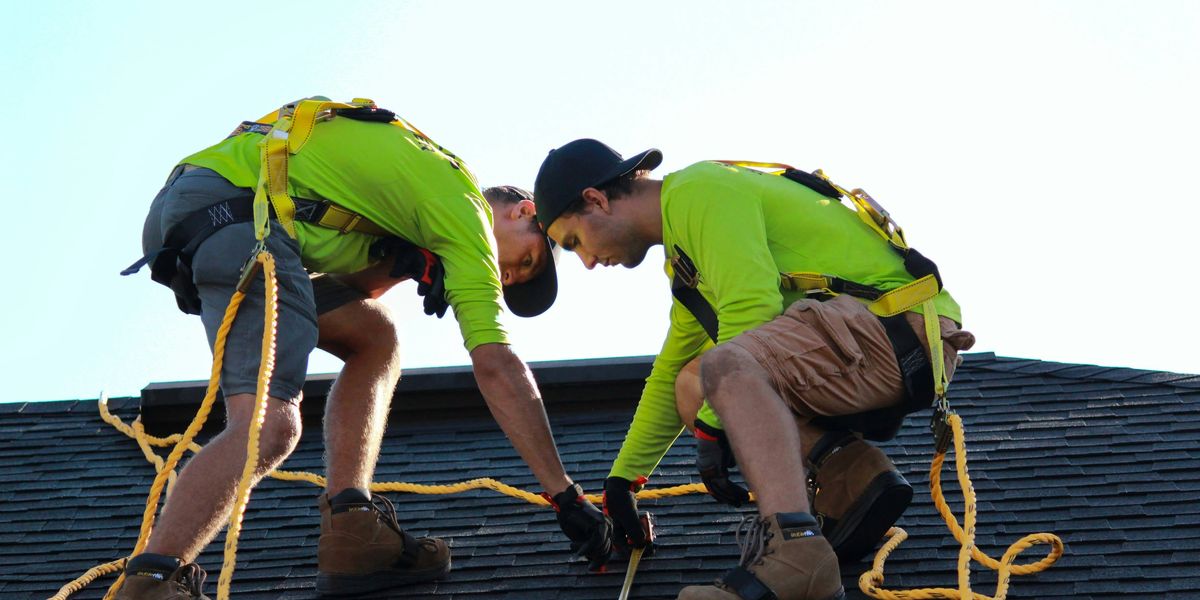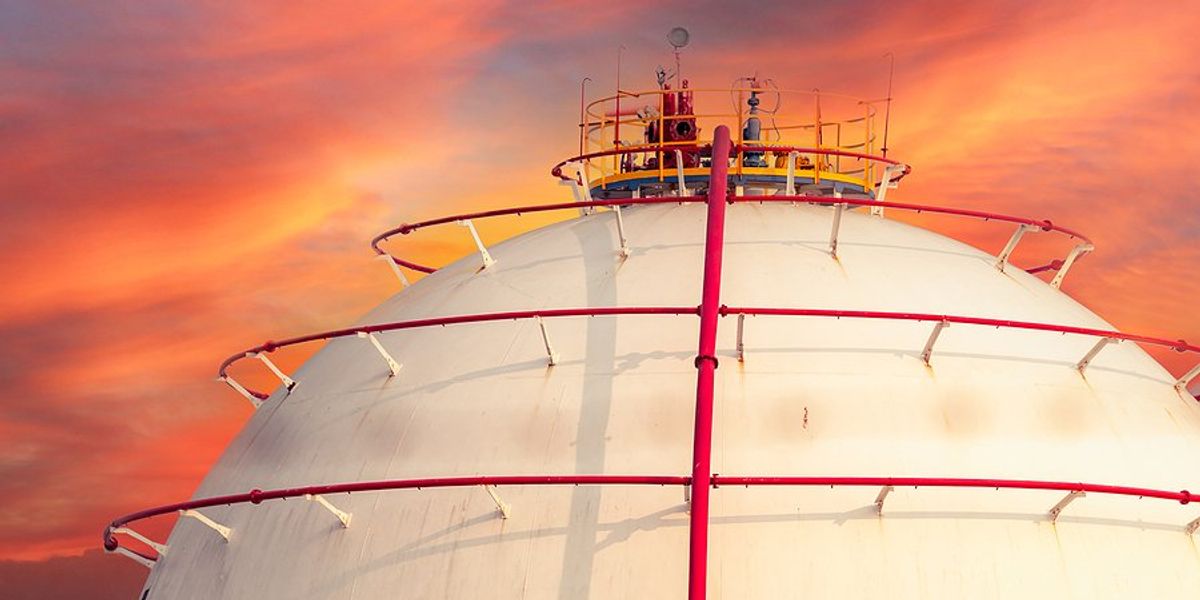
Peter Dykstra: Protected by an alphabet soup of acronyms
CITES, CCAMLR, LDC, MBTA, CBD, Ramsar, LWCF ... they may make your eyes glaze over, but they protect our health and planet.
Maybe you've heard of a few of these, or maybe you think the "CBD" is the trendy cannabis stuff.
The bottom line — there are a number of esoteric, jargonny global and national conservation pacts that play a vital role in conservation. Here are a few worth knowing.
LDC: A product of the 1972 Stockholm Conference on the environment, the London Dumping Convention outlawed the ocean disposal of nuclear and other highly toxic wastes. Eighty-seven nations are signatories.
CITES: The Convention on Trade in Endangered Species makes headlines every other year with its biennial meetings to discuss restricting or banning trade of species under stress.
CCAMLR: The acronym name is pronounced "Camel-are." And what does the Commission on the Conservation of Antarctic Marine Living Resources seek to do? Its 26 member nations haggle over conserving or exploiting the abundant fishery surrounding the frozen continent.
RAMSAR: Although it would be an awesome acronym, the Ramsar Convention on Wetlands is named after the city where it formed. Ramsar sits aside a stunning freshwater wetland in Iran. The treaty has 171 signatories and, yes, the U.S. and Iran appear to play nicely with each other there.
LWCF: Since 1964, the U.S. Land and Water Conservation Fund has been a quiet, bipartisan success, setting aside millions of acres for recreation and wilderness.
LOS: The U.N. Convention on the Law of the Sea Treaty came into force in 1984, with a goal of standardizing how nations exploit or protect the resources of the open sea. It could be sorely tested in the near future, with potential conflicts over oil and gas, fisheries, deep sea mining, and more. China's current push to build artificial islands in the South China Sea to extend its territorial claims is a flashpoint. The U.S. is not one of the 168 signatories.
CBD: The U.N.'s Convention on Biological Diversity arose out of the 1992 Earth Summit. Only four of the U.N's member nation are non-signatories: Andorra, the Vatican, South Sudan, and the U.S.
MBTA: If you're from New England, "MBTA" probably means the Massachusetts Bay Transportation Authority – the bus, train, and trolley system for Metro Boston. But for more than a century, the acronym has also been used for the Migratory Bird Treaty Act, the 1918 U.S. legislation that accompanied a treaty with Canada to protect egrets and other birds whose plumage was plucked to decorate ladies' hats. The latter MBTA has been expanded to protect all manner of migratories, while a commuter can now ride the former MBTA all the way to Braintree.
Random fact: We also have a Convention to restrict something "conventional" — the U.N. Convention on Certain Conventional Weapons has 129 full members who foreswear the use of what the U.N. considers "inhumane" landmines. I couldn't bring myself to read through what qualifies as a "humane" one.
LWCF: Since 1964, the U.S. Land and Water Conservation Fund has been a quiet, bipartisan success, setting aside millions of acres for recreation and wilderness.
LOS: The U.N. Convention on the Law of the Sea Treaty came into force in 1984, with a goal of standardizing how nations exploit or protect the resources of the open sea. It could be sorely tested in the near future, with potential conflicts over oil and gas, fisheries, deep sea mining, and more. China's current push to build artificial islands in the South China Sea to extend its territorial claims is a flashpoint. The U.S. is not one of the 168 signatories.
CBD: The U.N.'s Convention on Biological Diversity arose out of the 1992 Earth Summit. Only four of the U.N's member nation are non-signatories: Andorra, the Vatican, South Sudan, and the U.S.
MBTA: If you're from New England, "MBTA" probably means the Massachusetts Bay Transportation Authority – the bus, train, and trolley system for Metro Boston. But for more than a century, the acronym has also been used for the Migratory Bird Treaty Act, the 1918 U.S. legislation that accompanied a treaty with Canada to protect egrets and other birds whose plumage was plucked to decorate ladies' hats. The latter MBTA has been expanded to protect all manner of migratories, while a commuter can now ride the former MBTA all the way to Braintree.
Random fact: We also have a Convention to restrict something "conventional" — the U.N. Convention on Certain Conventional Weapons has 129 full members who foreswear the use of what the U.N. considers "inhumane" landmines. I couldn't bring myself to read through what qualifies as a "humane" one.
Peter Dykstra is our weekend editor and columnist and can be reached at pdykstra@ehn.org or @pdykstra.
His views do not necessarily represent those of Environmental Health News, The Daily Climate, or publisher, Environmental Health Sciences.
Banner photo: A 74th United Nations General Assembly event focused on how brands and advertisers can be part of the solution and help address the crisis in biodiversity. (Credit: United Nations Development Programme/flickr)













